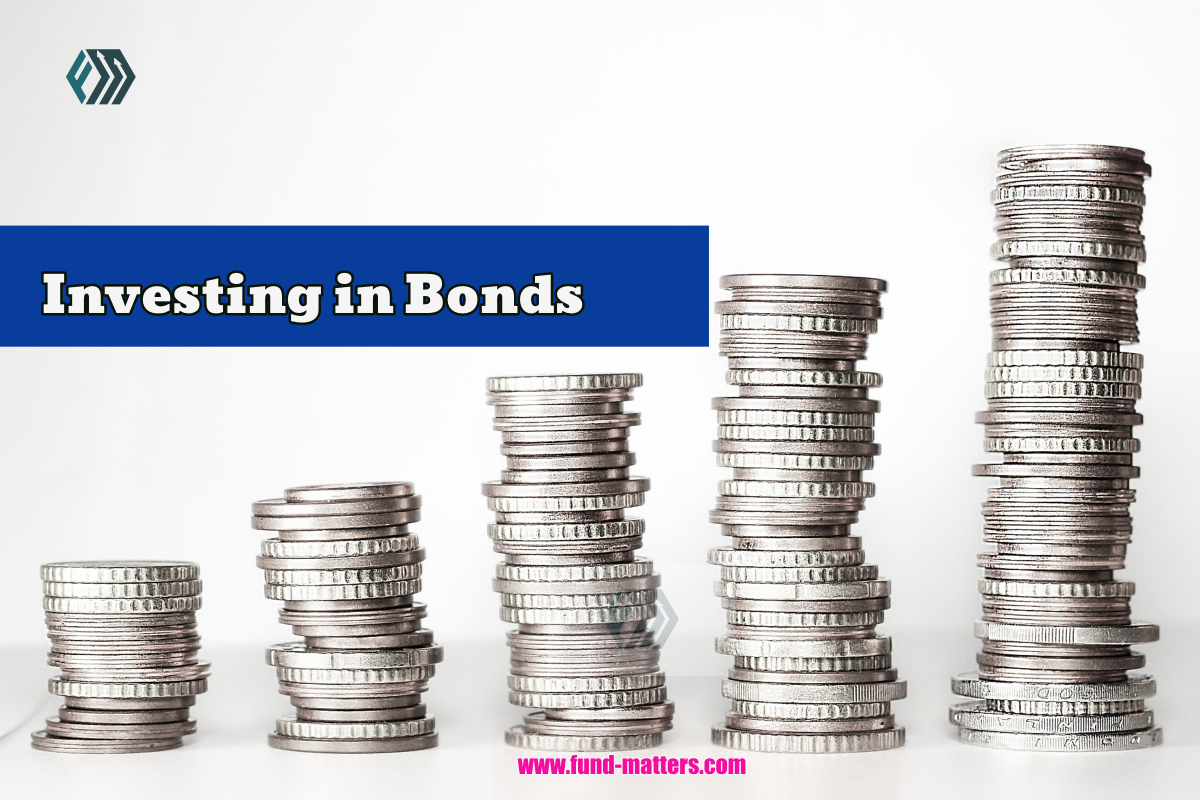Bond Investing


A bond is simply a type of loan taken by companies. Investors lend money to a company, when they buy its bonds. In exchange, the company pays an interest “coupon” (the annual interest rate paid on a bond, expressed as a percentage of face value) at predetermined intervals (usually annually or semiannually) and returns the principal amount on the maturity date, thus closing the loan.
Basic Characteristics of Bond
Maturity:
The maturity date of a bond is the date when the principal, or par amount of the bond will be paid to investors, and the company’s bond obligation will end.
Secured/Unsecured:
A bond can be secured or unsecured. Unsecured bonds are not guaranteed by mortgage of any assets of the issuer company ; their interest payments and return of principal are assured only by the creditworthiness of the issuing company. If the company fails, you may get little of your investment back in unsecured bonds. On the other hand, a secured bond is a bond in which specific assets are pledged to bondholders if the company cannot repay the obligation.
Coupon:
The coupon amount is the amount of interest paid to bondholders, normally annually or semiannually.
Taxation:
While the majority of corporate bonds are taxable investments, there are some government and PSU bonds that are tax-exempt, meaning that income and capital gains realized on redemption of the bonds are not subject to the usual taxation.
Callability:
Some bonds can be paid off by an issuer before maturity. If a bond has a call provision, it may be paid off at earlier dates, at the option of the company, usually at a slight premium to par.
Risks of Bonds
Credit/ Default Risk:
Credit or default risk is the risk that interest and principal payments due on the obligation may not be made as required.
Interest Rate Risk:
Interest rate risk is the risk that interest rates will change significantly from what the investor expected. If interest rates significantly decline, the investor faces the possibility of prepayment. If interest rates increase, the investor will be stuck with an instrument yielding below market rates.
Bond Ratings
The most commonly cited credit rating agencies are Moody’s, Fitch, Crisil, CARE Ratings etc. These agencies rate a company’s ability to repay its obligations. Ratings range from ‘AAA’ for “high grade” issues that are very likely to be repaid, to ‘D’ for issues that are currently in default.
Bonds rated “BBB” or above are called “investment grade”; this means that they are unlikely to default and tend to remain stable investments. Bonds rated “BB” or below are called “junk bonds,” which means that default is more likely.
Advantages of Bond Investing
Bonds pay off in two ways. First, you receive regular income through the interest payments. Of course, if you hold the bond to maturity, you will get all your principal back. That’s what makes bonds so safe. You can’t lose your investment unless the entity defaults.
Second, you can profit if you resell the bond at a higher price than you bought it. Sometimes bond traders will bid up the price of the bond beyond its face value. Bonds are bought at a higher price than its face value, if the prevailing interest rates are lower than the coupon rate of bond. Interest rates and bond prices are inversely correlated.
Disadvantages of Bond Investing
- Over the long period, bonds give a lower return on your investment than stocks, even though bonds are less risky investments compared to stocks. In that case, you might not earn enough on bonds to outpace inflation. Investing only in bonds might not enable you to save enough for retirement.
- Companies can default on repayment of bonds.That’s why you need to check the credit rating of bonds and credentials of the issuer company, before investing.
- For many people, valuing bonds can be confusing. They don’t understand why bond yields move inversely with bond values.



